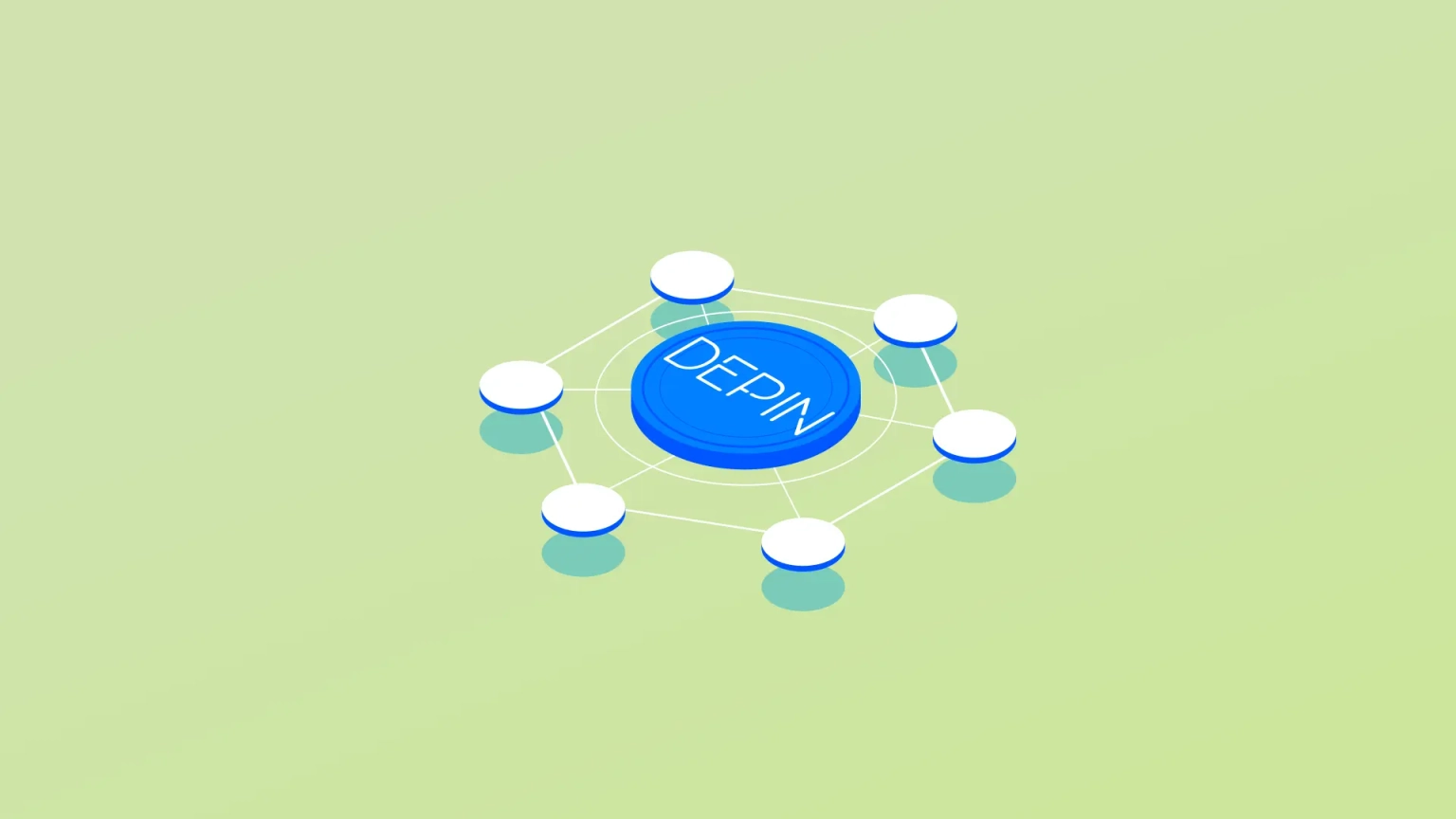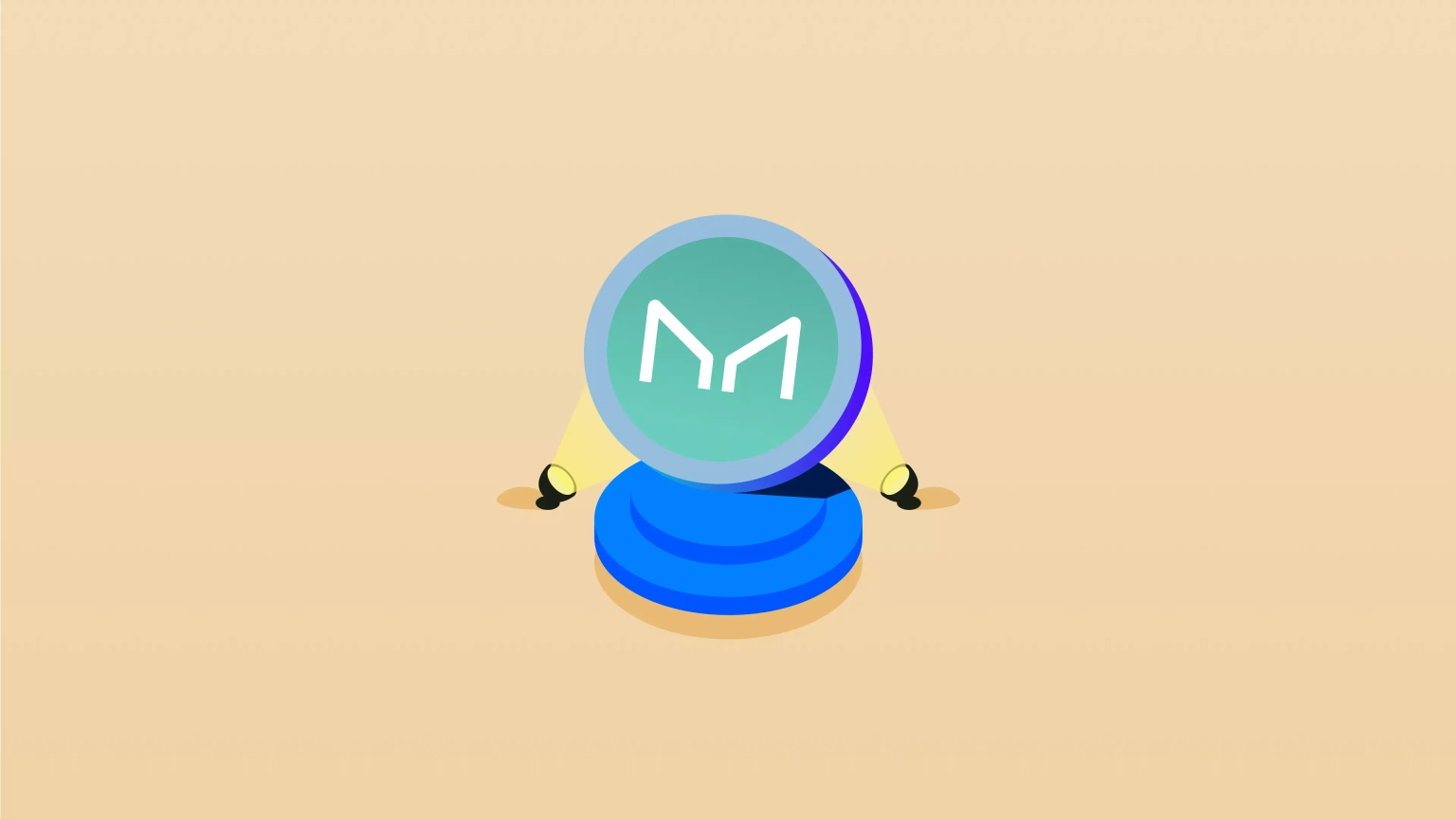
Understanding DePin and Its Benefits in Web3
A detailed guide on DePin, its benefits, challenges, key projects, and future potential.
Youtube Video
Playing the video that you've selected below in an iframe

MakerDAO, an Ethereum-based protocol and the issuer of DAI is now available in Neptune Mutual.
MakerDAO MCD (Multi-Collateral DAI) V1 cover is available from the Prime dApps cover pool. This parametric cover will protect policyholders’ assets using the MakerDAO protocol against the risk of smart contract vulnerabilities.
MakerDAO is an Ethereum-based DeFi platform. It lets users produce DAI, an US dollar-pegged stablecoin, using Ethereum as collateral. Automatic supply-and-demand adjustments keep DAI pegged to the US dollar. DAI is beneficial for blockchain technology users who are wary about volatile cryptocurrencies.
Users put Ethereum into a Collateralized Debt Position (CDP) smart contract to create DAI. They may then draw DAI against this collateral at the MakerDAO community rate. The CDP remains open, and the user may withdraw DAI or repay their loan as long as the collateral value is above a specific level. If the collateral value drops below the threshold, the CDP liquidates and sells the collateral to satisfy the obligation. This stabilizes the DAI peg.
A decentralized community of token holders may vote on protocol updates, including changing the stability fee (the DAI loan interest rate), introducing new collateral kinds, or upgrading the oracle feeds used to evaluate collateral.
MakerDAO allows users to build a stablecoin backed by bitcoin collateral, administered by a decentralized community, and a stable store of value.
MakerDAO's creative strategy to establish DAI, a cryptocurrency-backed stablecoin, is unique in decentralized finance (DeFi). MakerDAO is special for various reasons:
The CDP mechanism and automated liquidation system mentioned above to stabilize the DAI peg are standout features of MakerDAO. In addition, the MakerDAO community is active in its governance and also in terms of the “operational” aspects of DAI stability, for example by setting DAI loan interest rates. The stability charge encourages loan repayment and maintains the DAI peg.
MakerDAO is open to introducing more types of collateral to broaden DAI’s supply collateral pool. This increases system robustness and reduces the likelihood of a single collateral type triggering significant peg instability.
MakerDAO leads DeFi with its decentralized governance, CDP system, automatic liquidation, stability fee, and openness to additional collateral kinds.
According to Crunchbase, MakerDAO has conducted seven funding rounds, raising a total of $79.5 million with tier 1 investors including Andreessen Horowitz, Dragonfly Capital Partners, and Paradigm.
MakerDAO has two native tokens, a stablecoin (DAI) and a volatile cryptocurrency (MKR). As of March 21, 2023, DAI is one of the most prominent and popular stablecoins, being the 4th largest stablecoin and the 16th largest cryptocurrency with a market capitalization of approximately $5,602,000,000, according to CoinMarketCap. DAI tokens are available on many exchange platforms, like Binance, OKX, Kraken, BitMart, Digifinex, Coinbase, XT.COM, and lots more.
Aside from the platform’s interactive forum, users with ideas of how to reshape the protocol or who wish to learn more about the Maker’s protocol can reach them via their media channels, which include Discord, Twitter, Telegram, Reddit, YouTube, and WeChat.
Note: MakerDAO should not be confused with DAOMaker which is a completely different protocol.
MakerDAO has never been hacked before; however, in September 2019, a researcher discovered a bug in a smart contract (related to its upcoming Multi-Collateral DAI system on the Ethereum testnet) that could have been exploited. The bug was reviewed and patched, while the researcher was awarded $50,000.
MakerDAO has a Bug Bounty for developers to detect and report bugs in its protocol for a cash reward before adversaries can exploit them. It is open, and the maximum bounty is $10,000,000.
MakerDAO’s codes have been audited by Runtime Verification, Trail of Bits, and PeckShield.